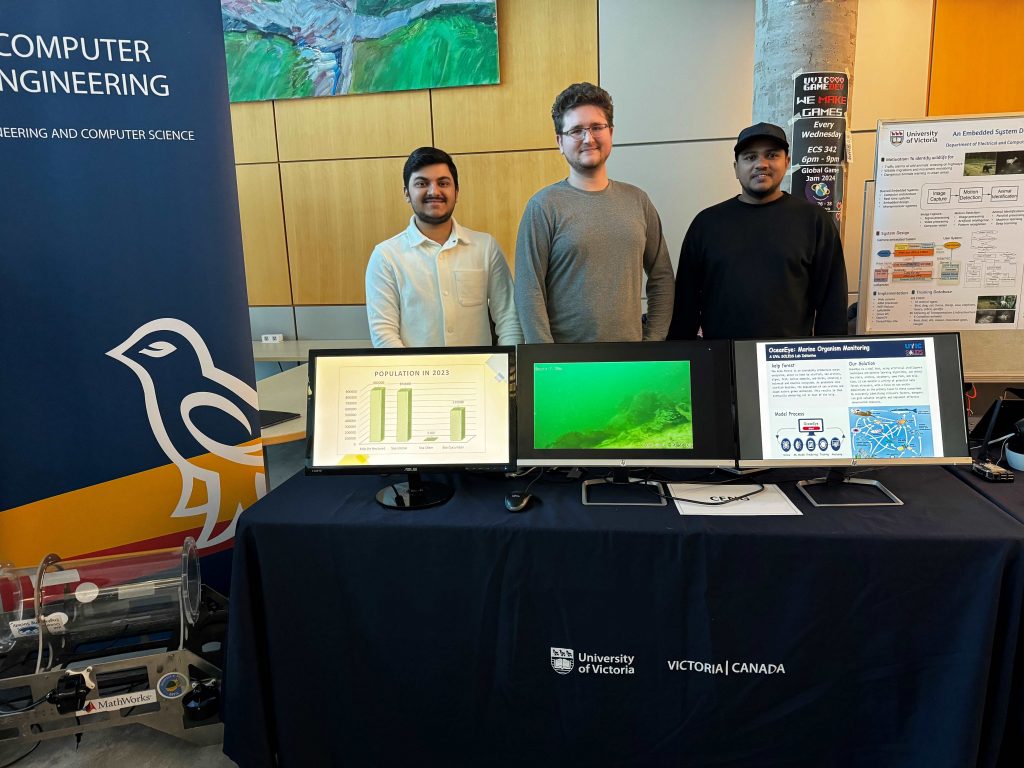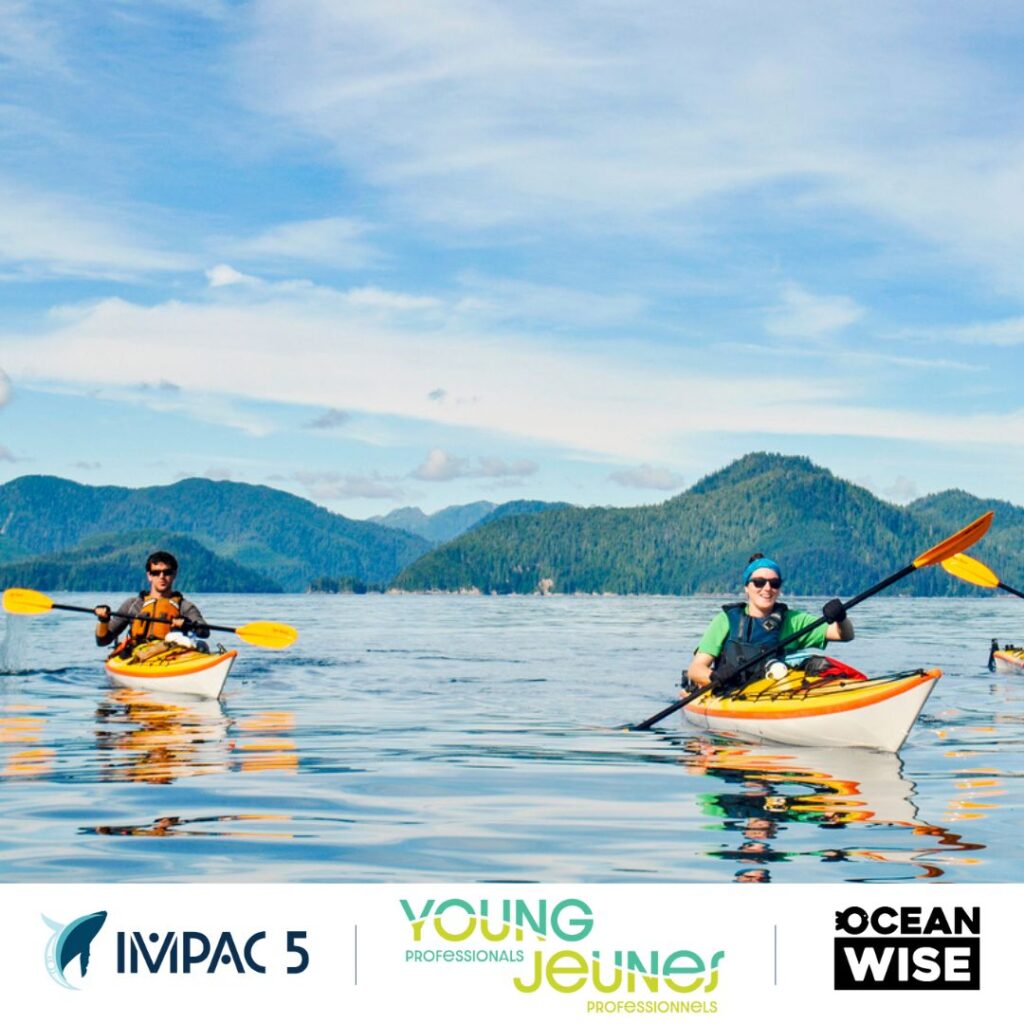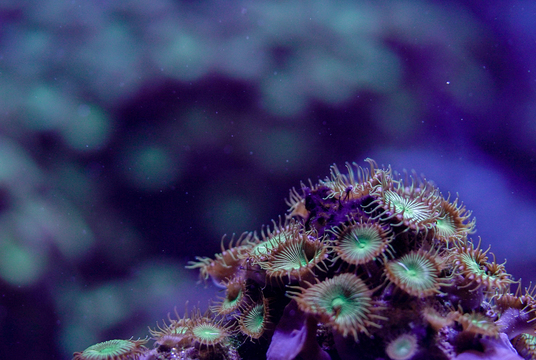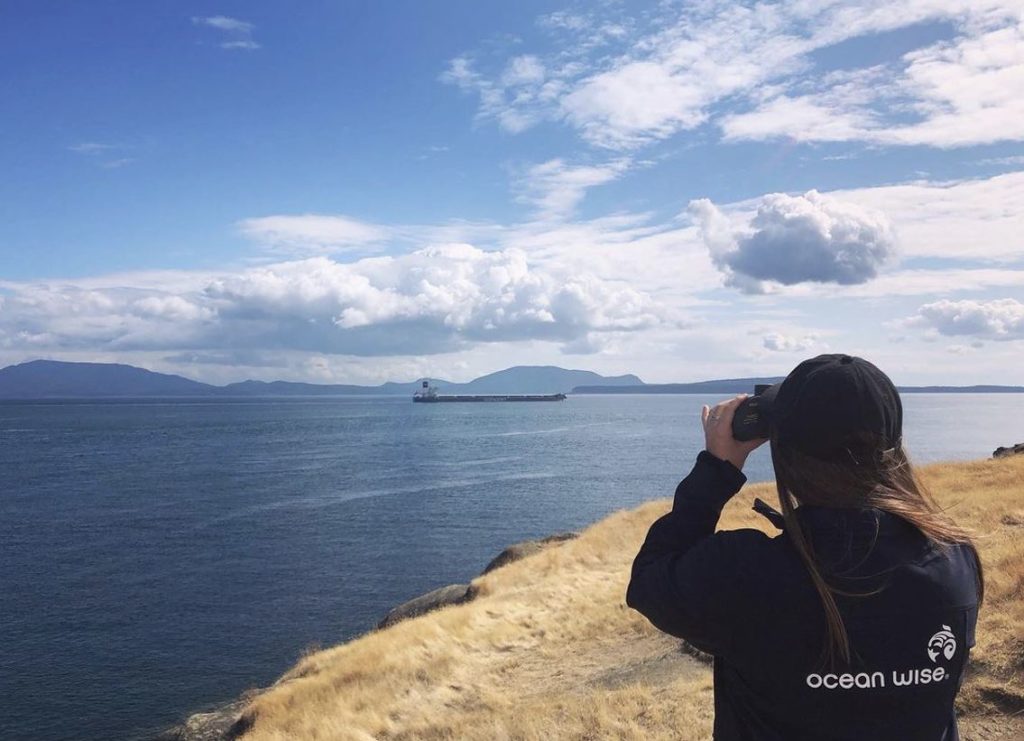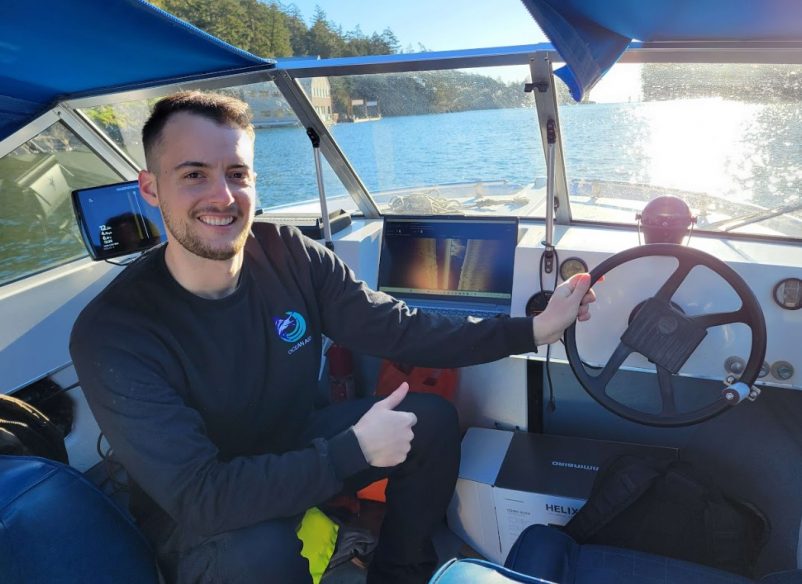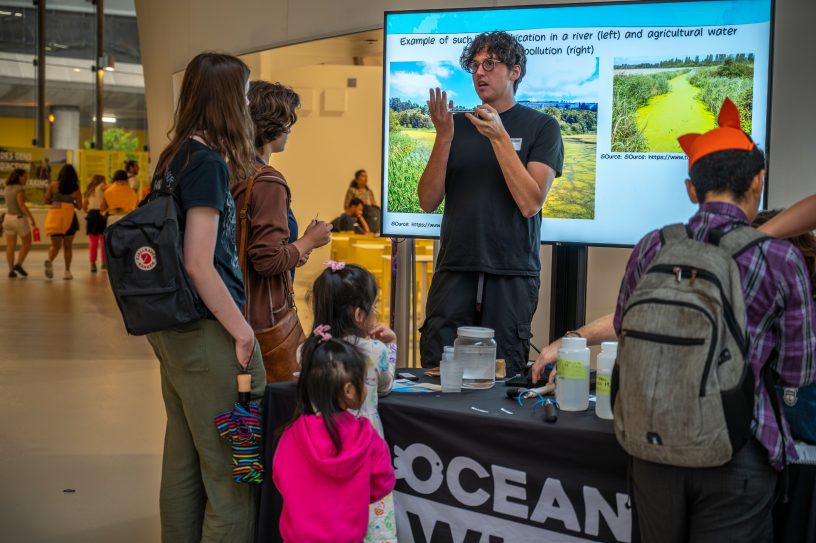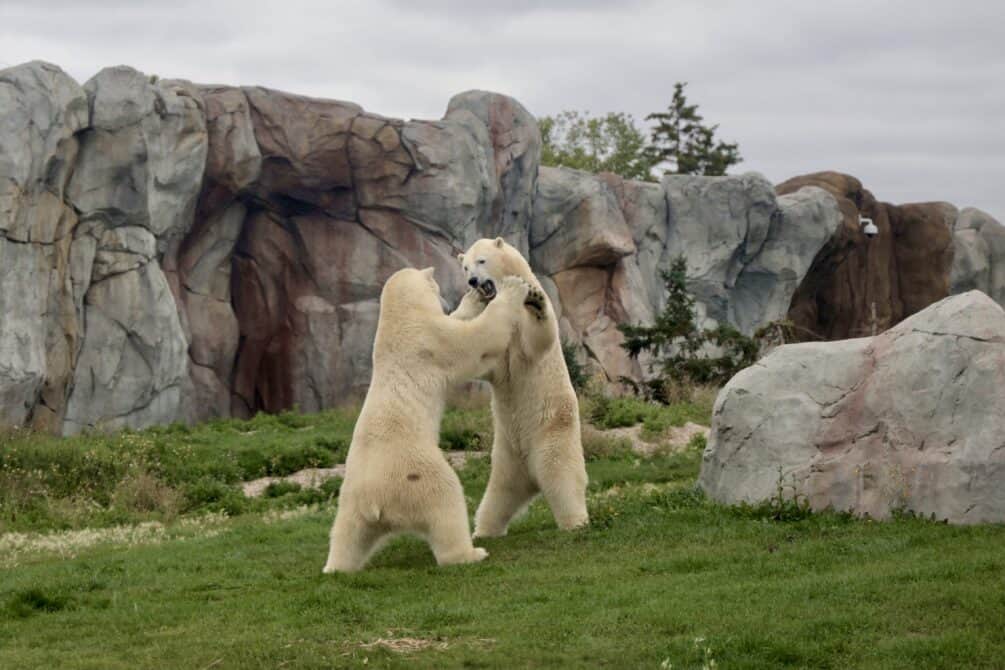
Direct Action Placement At The Assiniboine Park And Zoo
In 2021, 160 young people (ages 18-30) formed Ocean Wise’s Ocean Bridge program, a national team engaged for eleven months in co-creating and delivering ocean and waterway service projects for their home communities. Ocean Wise Direct Action is an exciting immersive program for in-depth learning and youth engagement with oceanic and aquatic conservation efforts across Canada. This national service-learning program will connect Canadian youth and young professionals with experts in marine and aquatic conservation organizations, empowering them with experiences in direct marine and aquatic conservation initiatives, adventurous opportunities for fieldwork, professional research projects, and educational and outreach programs.
Sara has recently accepted a position at the Assiniboine Park Conservancy as the Communications Coordinator.
I remember spending many summer days at the Assiniboine Park and Zoo, located in Winnipeg, Manitoba. My family had a tradition of going there on my birthday. Memories take me back to viewing the bears and laughing as I watched the monkeys swing around. When I was small, I dreamt about working in the Zoo with the animals. I thought I would be a vet or a zookeeper. I lost sight of this dream until recently. Advertising on social media worked its magic and led me to discover Ocean Wise. They are an ocean conservation organization that has a program called Ocean Bridge Direct Action. This program matches young professionals from across Canada with experts in marine and aquatic conservation organizations, empowering them with experiences, opportunities, professional research projects, and educational and outreach programs.

After being accepted into the program, I was thrilled to begin my Direct Action placement at Assiniboine Park Conservancy – just in time to celebrate my birthday at the zoo once again. Growing up I thought of the Zoo as a place we went to see the animals, be entertained, and learn a fun fact. Coming back with an environmental studies background and spending time with the Zoo’s Research and Conservation team, my perspective completely changed.
I had the privilege of being involved in many projects during my placement, but a highlight was spending time with the polar bears. Being in Manitoba creates a neat opportunity for the Zoo to educate visitors about the Northern part of our province in their ‘Journey to Churchill’ exhibit. This area of the Zoo houses polar bears, seals, muskox, and other northern species. It also teaches visitors about the research and conservation efforts happening in the North. What a lot of people do not realize is that a mere 1,000 kilometers away is a sub-arctic coastal ecosystem home to many marine mammals; quite different from the prairie landscape most Winnipeggers find themselves in. What is even more special is that the polar bears living at the Zoo are rescued from right here in Manitoba. They each have their own story, but unfortunately ended as orphans and were given a second chance at life here in Winnipeg.

My role at the Zoo was to observe the bears and record their behaviours. Just like humans, bears are individuals with unique needs and preferred environments. By monitoring bear mannerisms in specific enclosures and with other bears, the animal care team can determine the best practices for each one. It was a life changing experience watching the bears day after day. I learned their habits, personalities, and faces, even though at first it was not easy to tell them apart. I witnessed the bears sparring and could have gazed at the majestic creatures swimming above me in the glass tunnel for hours.
Throughout my studies, one common idea that we discussed was that the more time humans spent with nature, whether that was walking through trees, watching birds, or observing bears, the more we loved those creatures and in turn wanted to protect them. This concept became so real to me at the Zoo while watching those bears. It also happens to be the vision of the Assiniboine Park Conservancy, “a place where people share the wonders of nature in a way that inspires them to conserve it for the future.”
Another way I inspired others to participate in conservation was through Beluga Bits, a citizen science project based on a beluga population in Manitoba. Working with the education and research team, we created video content related to belugas on topics like ocean health, ecosystems, and climate change. It is our hope that these videos can be incorporated into the school curriculum and connect students in Winnipeg with Manitoba’s North; inspiring them to see that their actions and participation in this project can help the local beluga population.
I finished my placement with a new awareness of what the modern zoo is. It plays a significant role in education, conservation, and inspiring a generation that cares for the ecosystems in their backyard and around the world. I hope by sharing my Direct Action experience I can help others see the Zoo in a new way and get excited about the work being done there. I am so grateful this placement assisted me in my career search and provided me with a network of people who are all working towards a deeper understanding of our environment and the preservation of the species that live within it.
What is Ocean Bridge?
Ocean Bridge brings together young Canadians with a wide range of backgrounds and experiences who are passionate about making a difference in their communities through the lens of oceans and waterway conservation. These Ocean Bridge Ambassadors from all across Canada work together, receive funding and learn from experts in marine conservation and education through an online platform and in-person learning journeys to develop service projects related to ocean health and ocean literacy in communities across the country. Ocean Bridge is an Ocean Wise initiative funded by the Government of Canada through the Canada Service Corps.
Ocean Bridge Direct Action is an exciting immersive program for in-depth learning and youth engagement with oceanic and aquatic conservation efforts across Canada. This national service-learning program will connect Canadian youth and young professionals with experts in marine and aquatic conservation organizations, empowering them with experiences in direct marine and aquatic conservation initiatives, adventurous opportunities for fieldwork, professional research projects, and educational and outreach programs.
Canada Service Corps
Canada Service Corps is designed to generate a culture of service among young Canadians; concrete results for communities; personal growth through participation in a diverse team of peers; and lasting impacts on participants. Visit www.canada.ca/CanadaServiceCorps to learn more and how to get involved in the way that works best for you.
Posted March 9, 2022 by Ocean Wise
